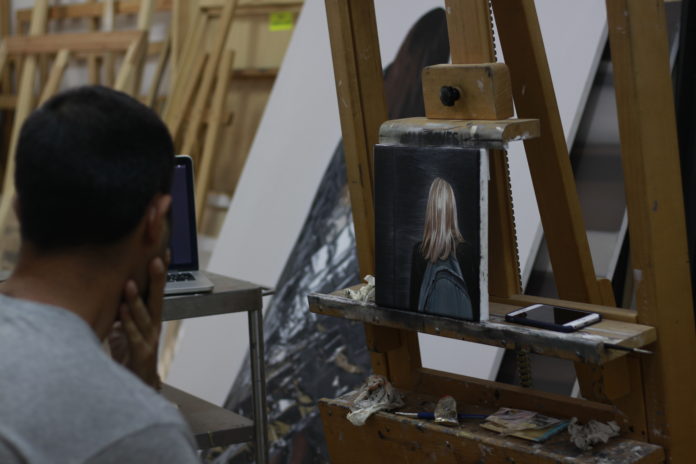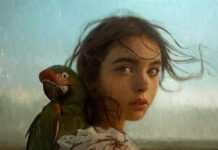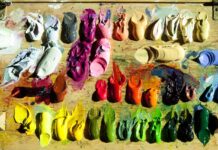Artist Daniel Coves shares a thoughtful essay inspired by the philosophical views of Russian film director Andrei Tarkovsky.
BY DANIEL COVES
In this article I decided not to talk about my paintings (shown below). Instead, I made a short text about some ideas that are important to me and that are not my own. All the concepts presented below belong to the Russian director Andrei Tarkovsky. In his book Sculpting in Time he described the thought he developed throughout his career as a filmmaker. What I have done here is to extract the ideas that were the most important to me, reorganize them and structure them in a summarized text.
Film Director Andrei Tarkovsky claims that there are films that until a few years ago were a great event, but that suddenly and unexpectedly seem inadequate, clumsy, childish. Why? Although each person expresses his time in his artistic productions, and carries its laws within them — regardless of whether he recognizes them or pretends to be oblivious to them — there is perhaps one main reason for this to happen. When someone makes a film — or any artistic production — of this type they usually do not see their work as an act of crucial importance to themselves. Tarkovsky defends that what gets older is the intentions of wanting to keep up with the times, with great expressiveness and a fashionable attitude. It’s not possible to be original only through originality. The aim of any art that does not want to be consumed as a ware is to explain for itself and its environment the meaning of life and human experience. Or maybe not explain it, but just face that question.
Thus, the concept of vanguardism is totally meaningless, since accepting it means accepting progress in art. But in art, how can someone be more advanced than someone else? Therefore, modern art has entered through a wrong way in this matter. In science, human knowledge follows the steps of an endless staircase, in which new knowledge always replaces the older. Knowledge and artistic discovery emerge each time as a new and unique image of the world, it reminds one of an infinite system of interiorly perfect, closed-in spheres. Spheres may complement or contradict each other, but in no case can one be the substitute of other.
Tarkovsky argues that all art is also artificial as it only symbolizes a truth. But artifice that is based on poor knowledge and lack of professionalism should not be understood as a conscious stylization. When this exaggeration is not due to the demands of a certain system of images, but only to an excessively forced effort and the need to achieve an effect at any price, or the desire to appear as a remarkably creative artist, that is a clear symptom of provincialism. If the beholder does not know the reasons that led an artist to use one procedure or another, he is willing to believe in the reality presented to him in the image. But if the spectator sees the intentions of the artist and understands precisely why one action or another is performed, he or she immediately ceases to emotionally empathize with what is shown and, in return, he begins to judge the idea and its realization.
The artist has therefore only one possibility: present to the public, honestly and openly, his individual struggle with the material. The most difficult task, the most exhausting, is of a purely moral nature: extreme honesty and sincerity with himself, and this supposes a sincerity and responsibility towards the spectator.
Tarkovsky presents modern man as an individual oblivious to sacrifice, although true individuality is only achieved through this sacrifice. It seems that the relationship between the person’s actions and his destiny is profoundly altered. In a strict sense, man undoubtedly depends on his actions, but because he has been educated as if nothing depended on him, in him grows the feeling of not participating at all in his own destiny. Freedom means learning not to demand anything from life or from other men, only from ourselves.
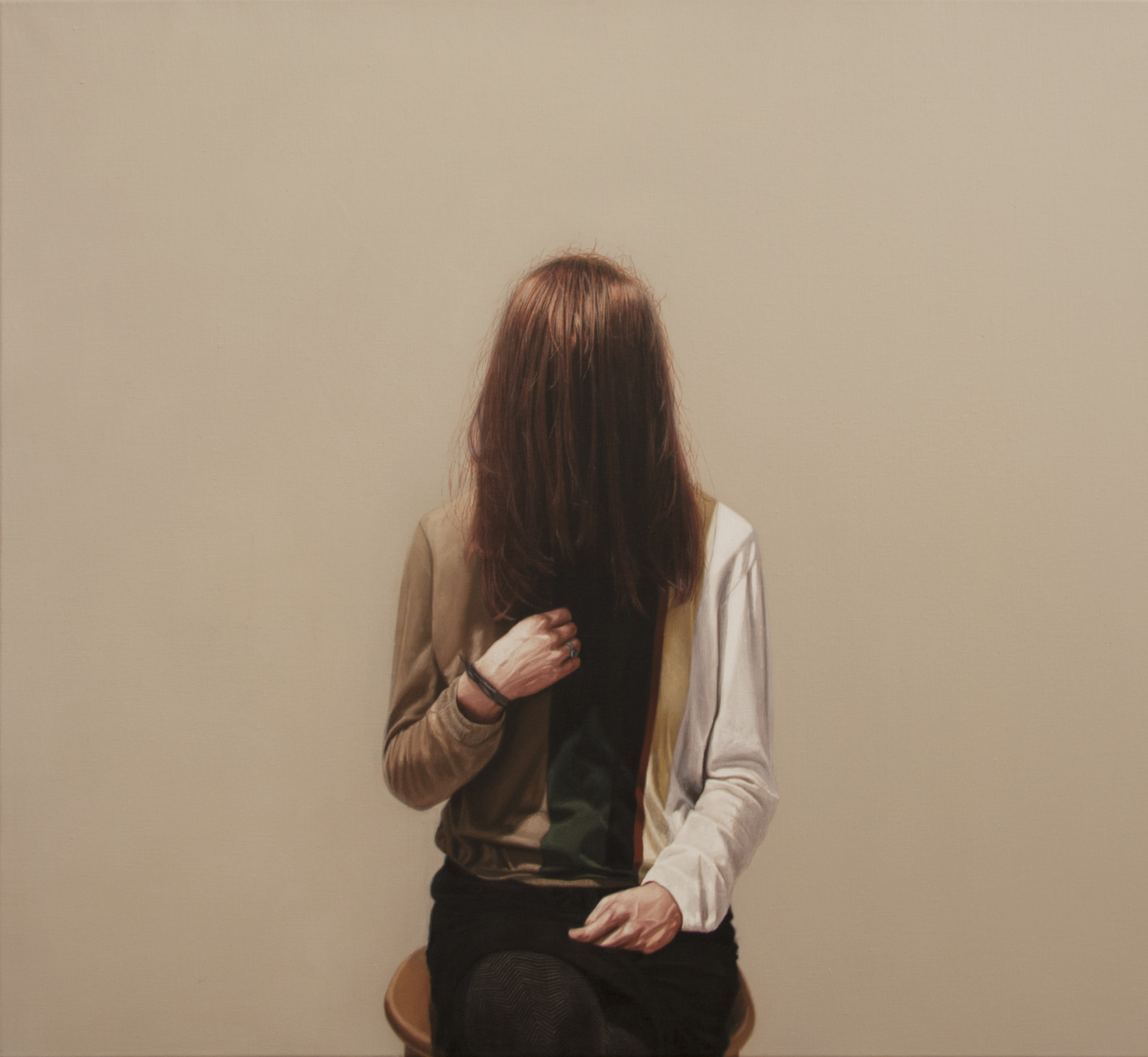
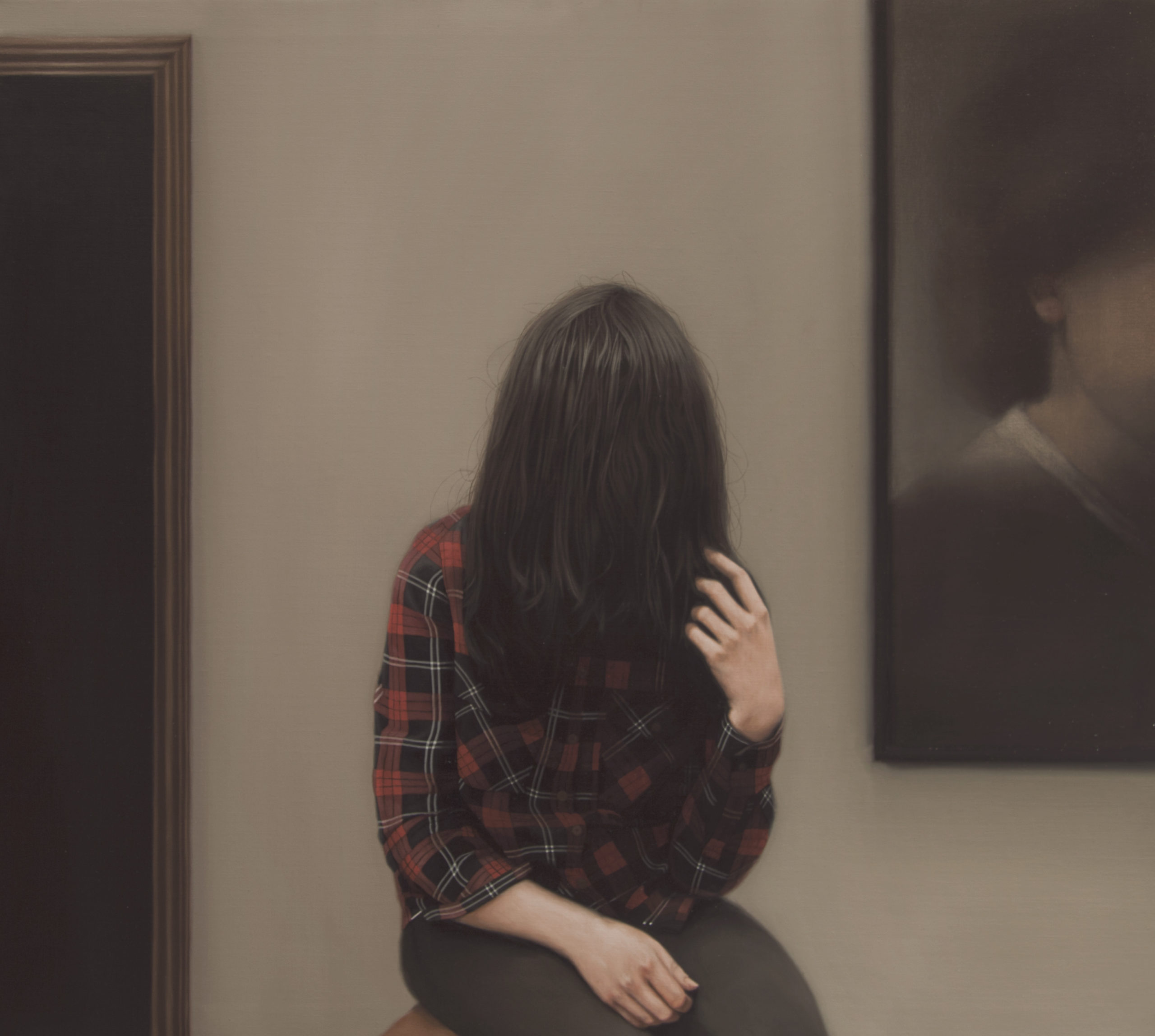
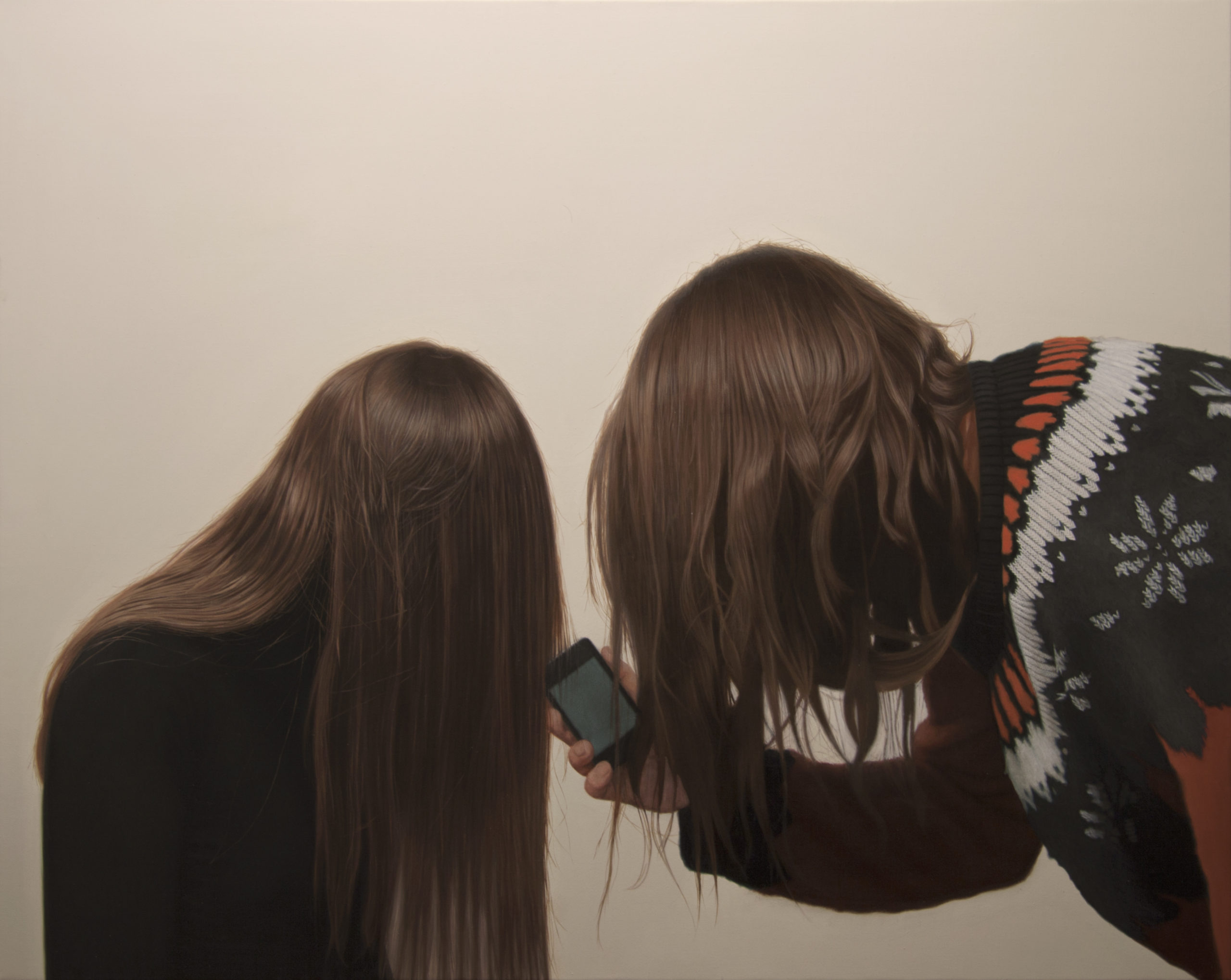
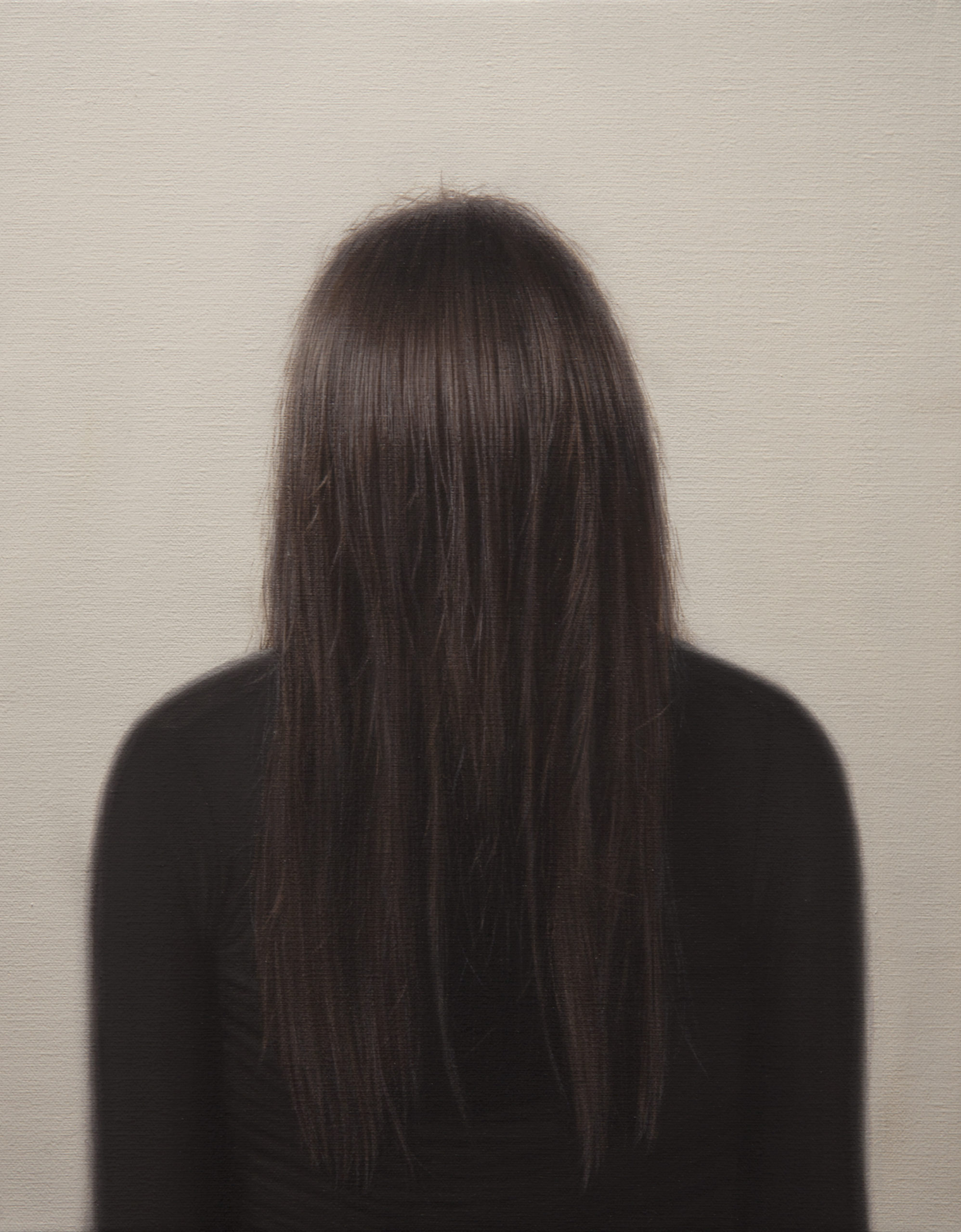
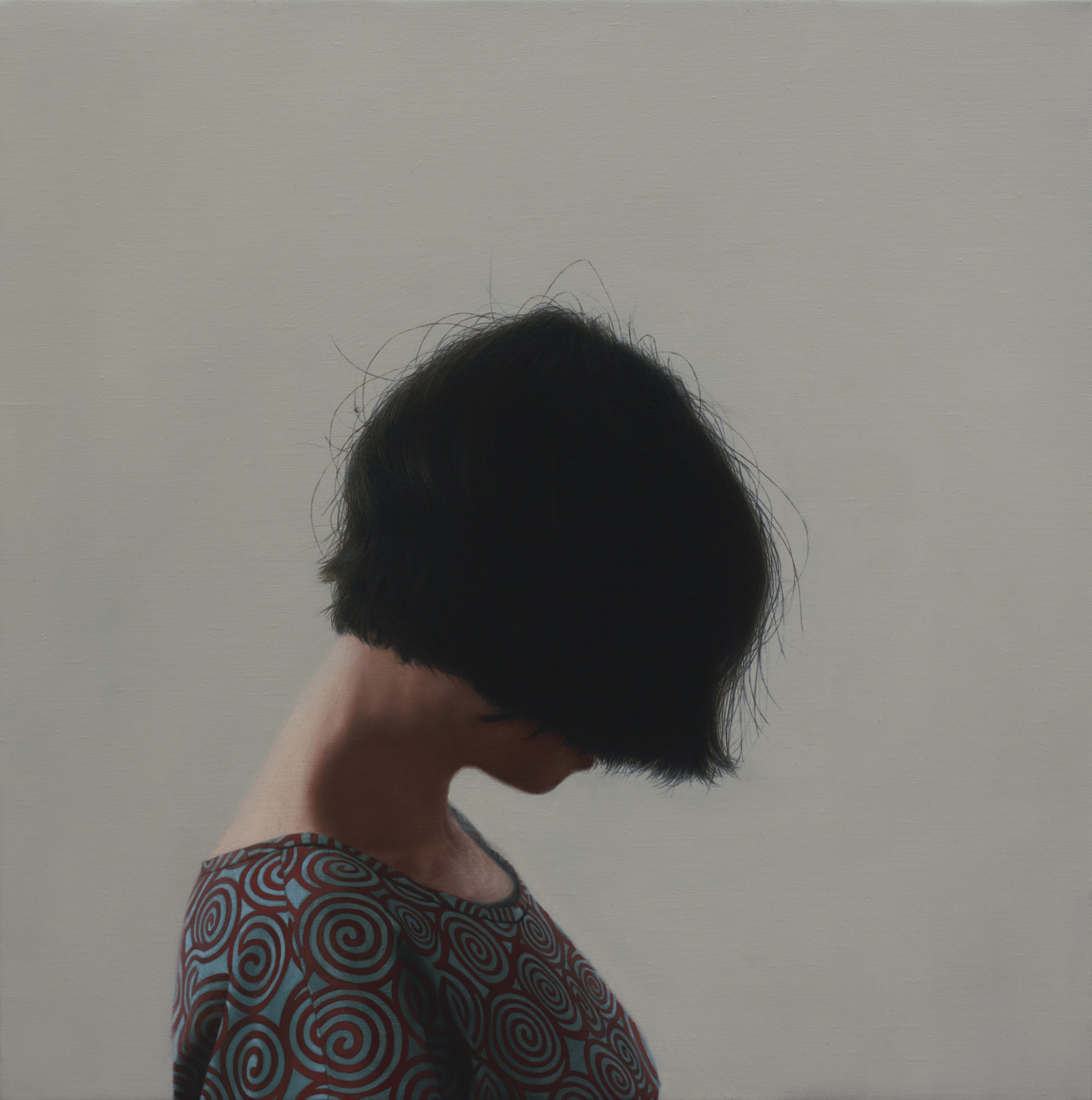
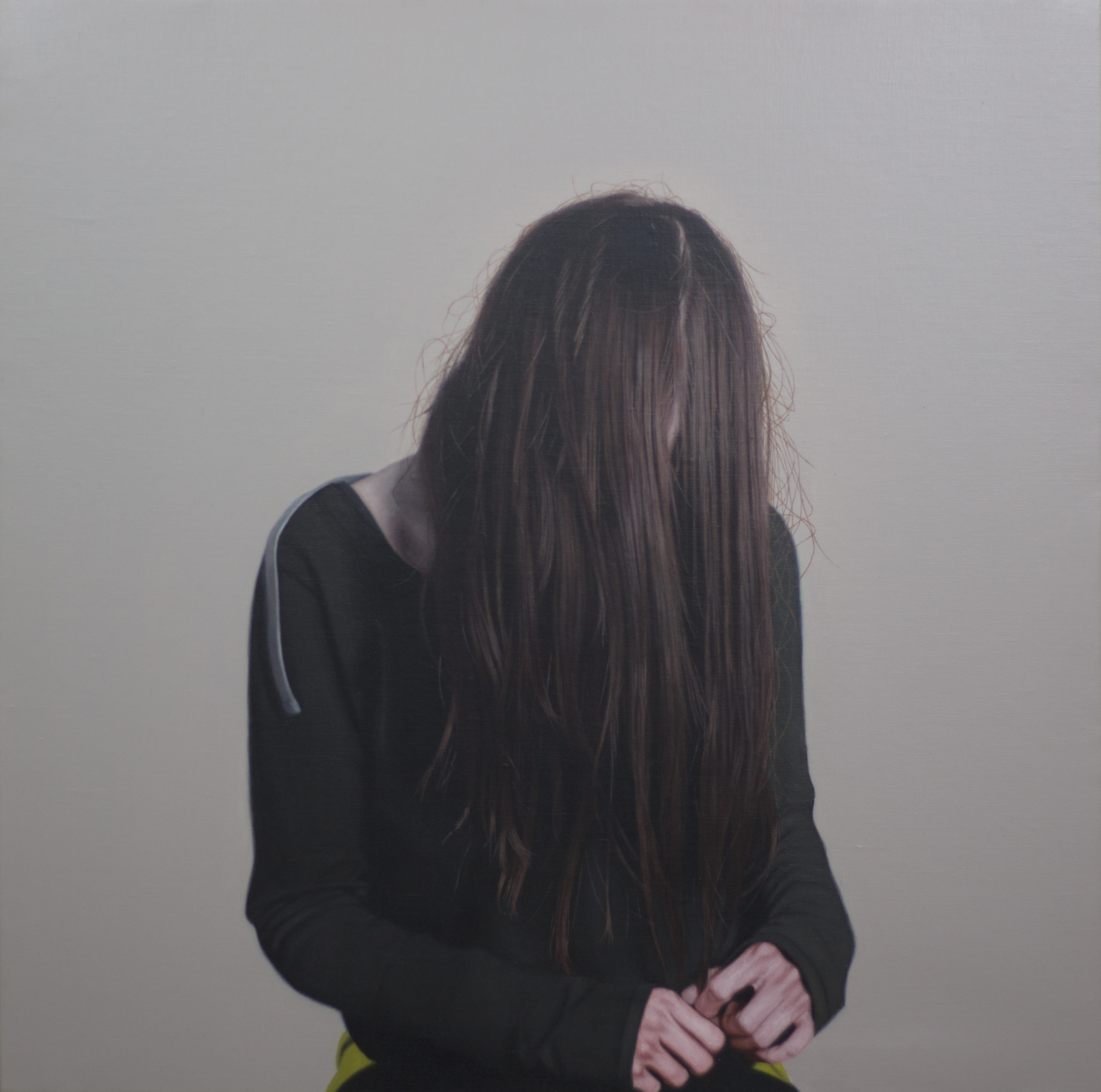
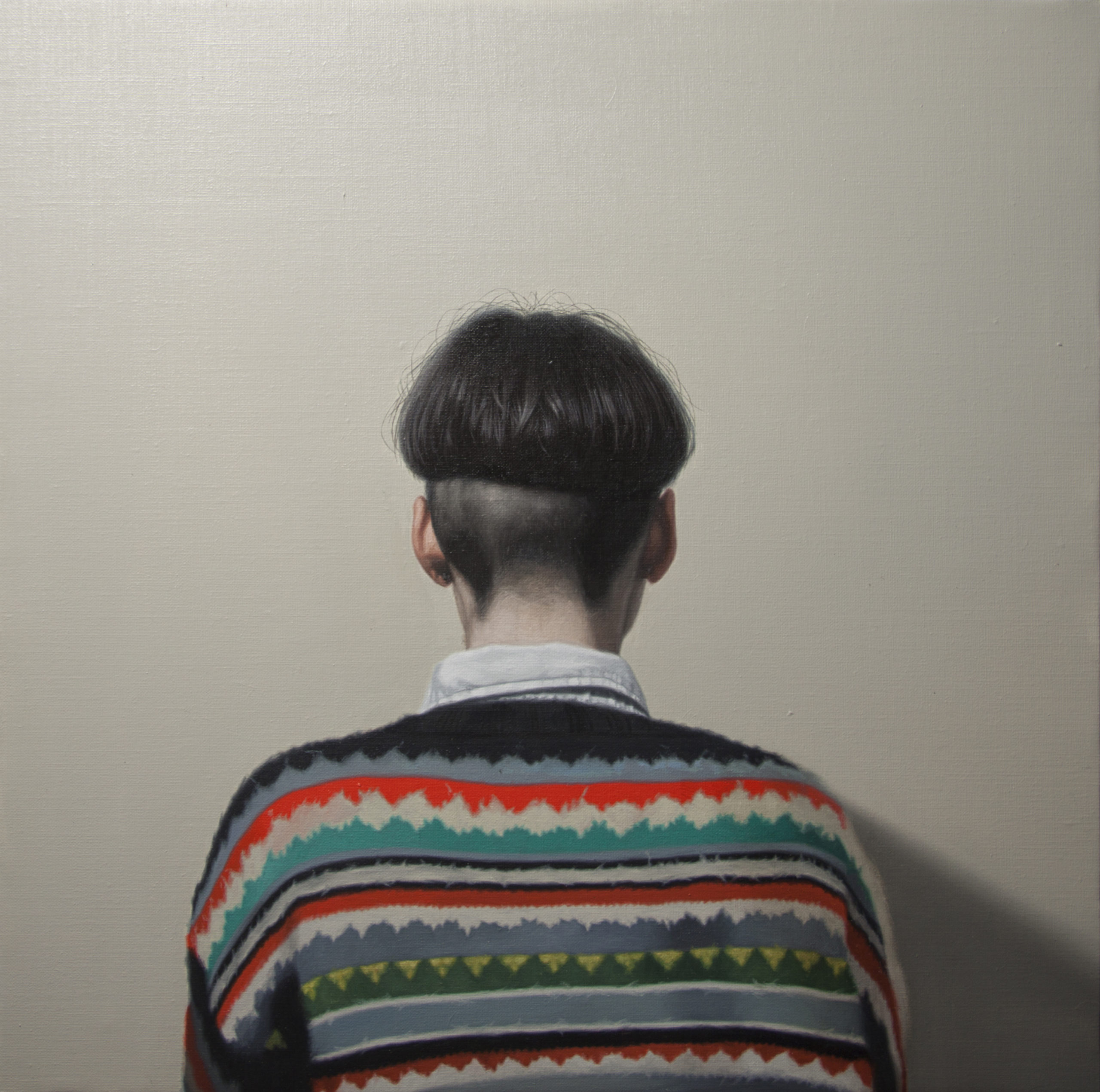
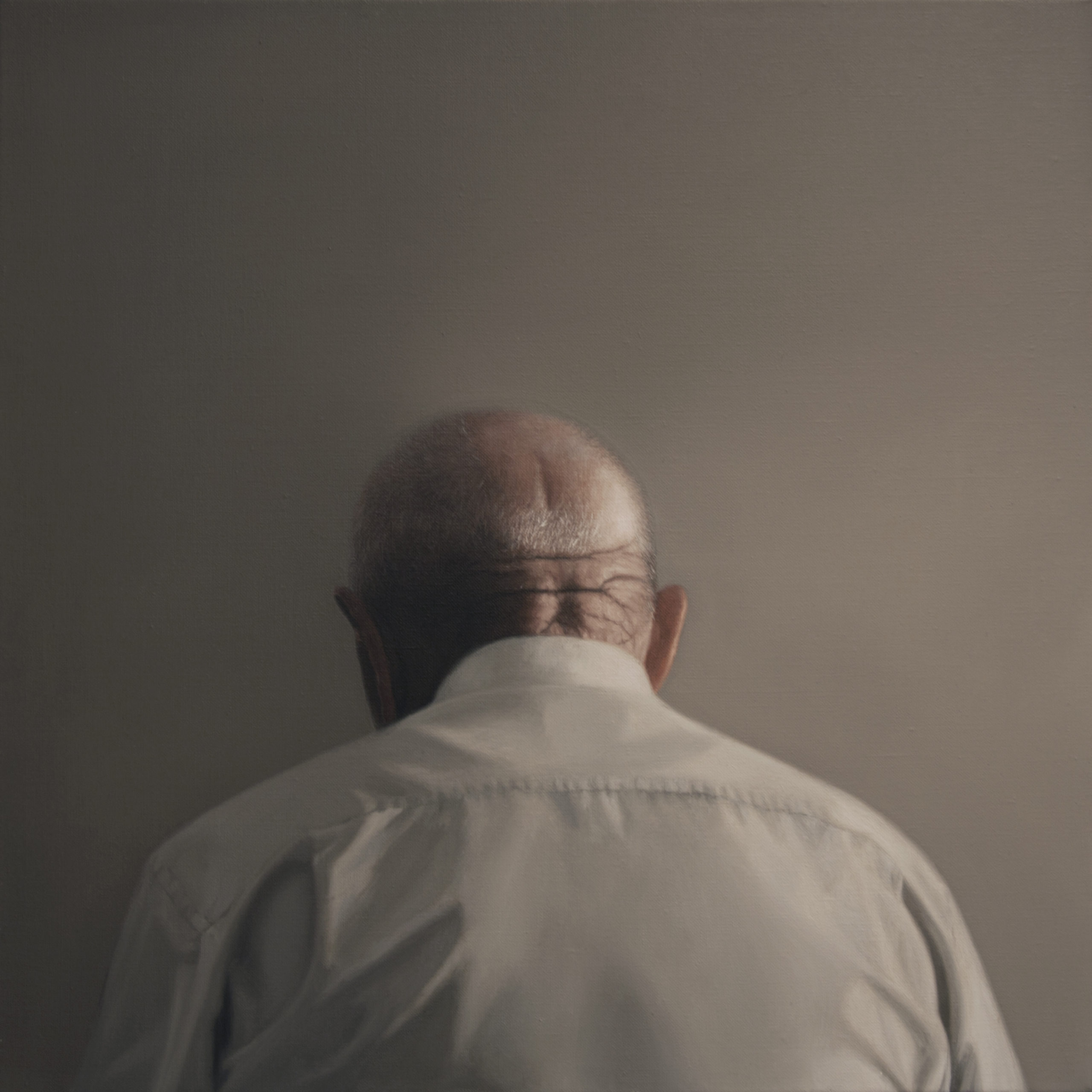
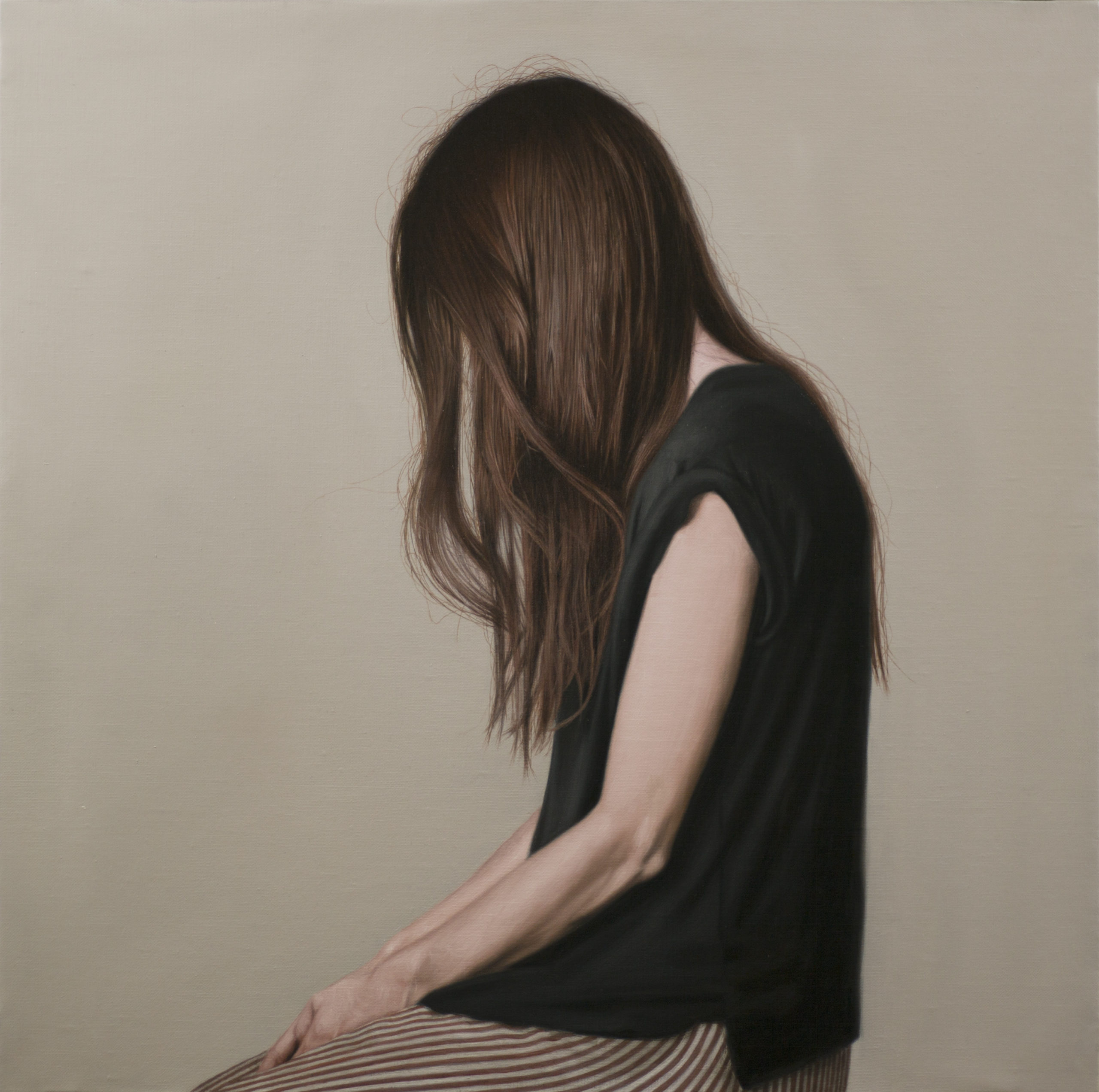
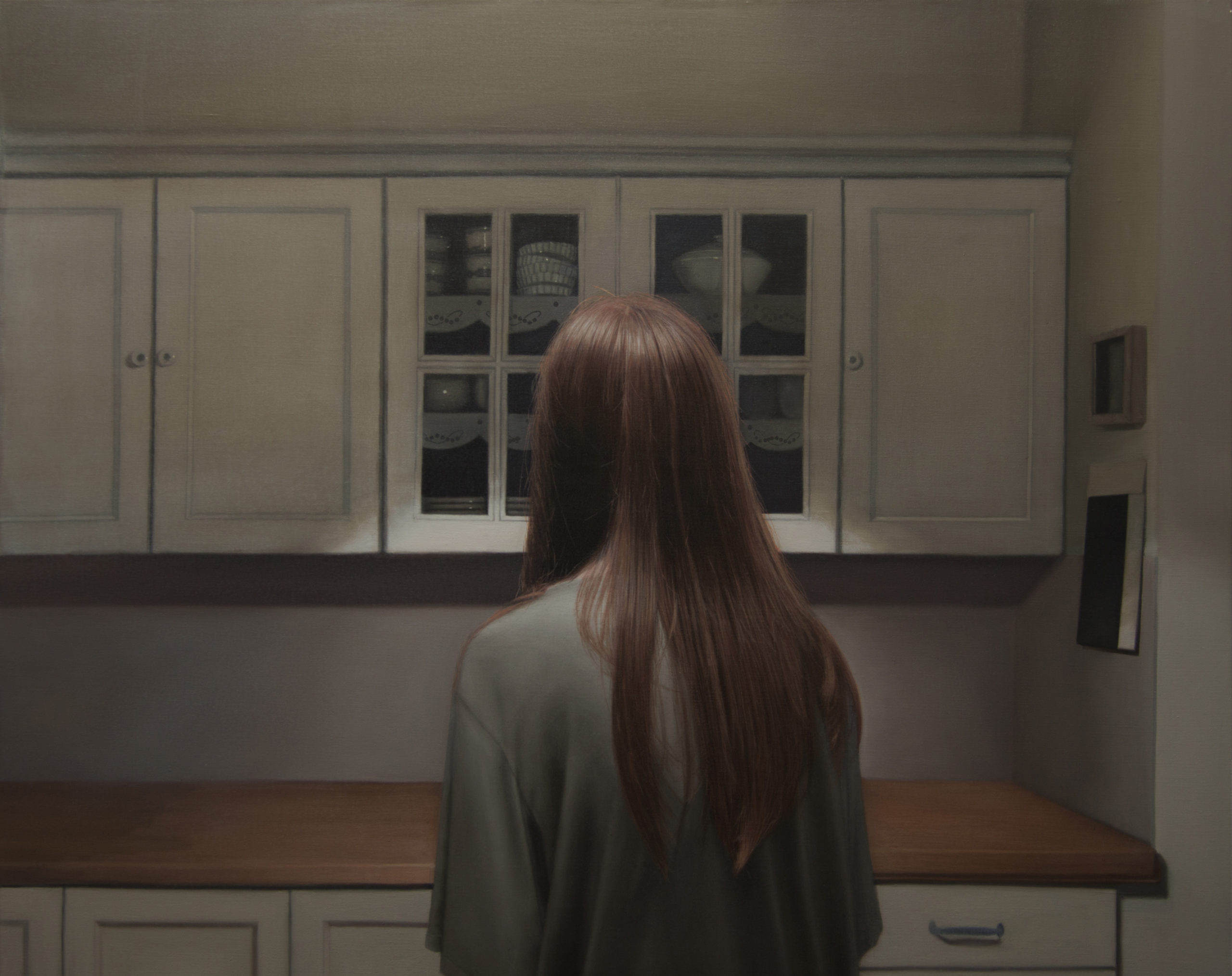
ABOUT THE AUTHOR
Daniel Coves, born 1985 in Spain, currently works and lives in Madrid and Berlin. He is the recipient of many awards and grants for his meticulous figurative paintings, which capture moments suspended in time, drawing influence from cinema. He’s been selected for the prestigious 2017 BP Portrait Award, with work exhibited at the National Portrait Gallery in London. He has also shown his work in Spain, Portugal, France, Germany, United Kingdom, and the United States.
Website: danielcoves.com
Realism Today covers artists and products we think you’ll love. Linked products are independently selected and linked to for your convenience. If you buy something using a link on this page, Streamline Publishing may receive a small share of that sale.
Visit EricRhoads.com (Publisher of Realism Today) to learn about opportunities for artists and art collectors, including: Art Retreats – International Art Trips – Art Conventions – Art Workshops (in person and online) – And More!


